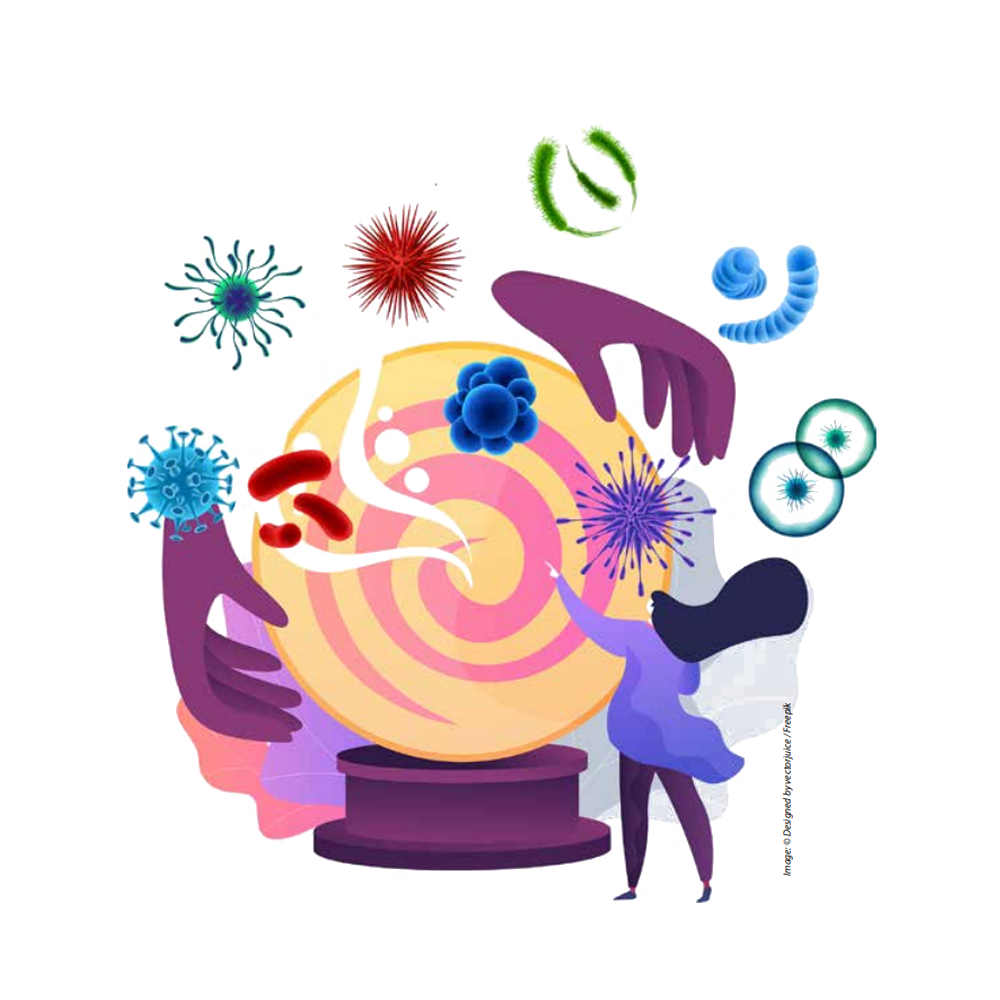PTC Chief Development Officer, Matthew Klein, MD, MS, FACS recently discussed gene therapies, the impact of COVID-19, and regulatory processes with International Clinical Trials (ICT). Download the article, or read the highlights here.
—
ICT: How do you see the landscape of gene therapy trials for rare diseases looking in the future?
Dr. Matthew Klein: Ever since the human genome was cloned, there has been the potential for using gene therapy to target diseases, particularly rare diseases, many of which result from missing or inactive genes. Over the past few years, we have finally caught up in terms of having the necessary understanding, technology, and experience to not only discover potential gene therapies, but develop them. What we’re seeing right now, not surprisingly, is an explosive growth in the development of gene therapies targeting rare diseases because there’s always been a lot of understanding that rare diseases typically result from biological defects related to missing or inactive genes. The landscape now is chock full of efforts looking at gene therapies for rare diseases, and I think that’s going to be increasingly the case. It’s really an exciting time for gene therapy, and gene therapy for rare diseases.

ICT: Precision medicine and gene therapy, in general, are expensive options for many patients, what do you think is needed for these therapies to become viable treatment options?
Dr. Matthew Klein: I think it is already a viable treatment option, and I think the question becomes: for what populations is it a more viable treatment option, and how can it become a more viable treatment option for all populations? The work involved in discovering and developing the gene therapies is many years, and costs many millions of dollars. It becomes easier to think about developing a therapy that will be usable and helpful to hundreds and thousands of people, and harder to think about how you would develop a therapy for a very small number of people. However, when you are only treating that small patient group, the budget impact of a gene therapy is also very small, and, of course, it is a one-time treatment with a lifetime benefit.
The pharmaceutical industry is a highly regulated industry. Many years, and a lot of effort, goes into developing drugs. This is not unique to gene therapy. This is a true challenge for many rare disease communities. I speak with many parents who have children with very rare diseases, and I can think of a couple specifically where there may be only three or four known patients with that disease in the US, or even the world. They deserve to have therapies too. As physicians, as drug developers, and as human beings, we would want to have paths to get therapies for everyone. Gene therapy shouldn’t be a privilege, or an opportunity for only certain diseases, they should be able to be developed for anyone who could possibly benefit. But that’s an ideal, and something we should think about working towards. The point really is that there’s a great number of rare diseases that result from missing or inactive genes that could certainly benefit from gene therapy.
Reproduced from International Clinical Trials (ICT) / February, 2021